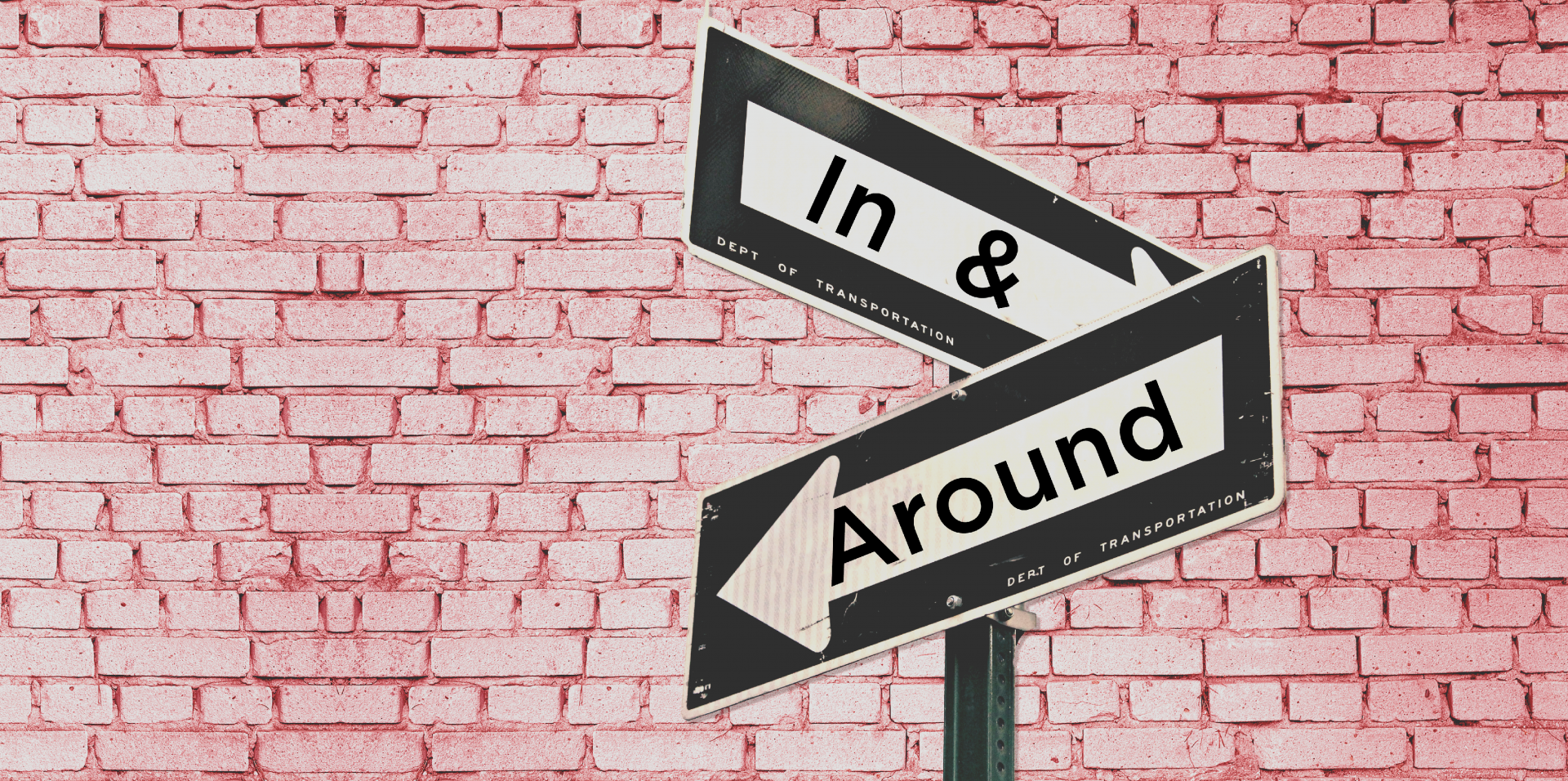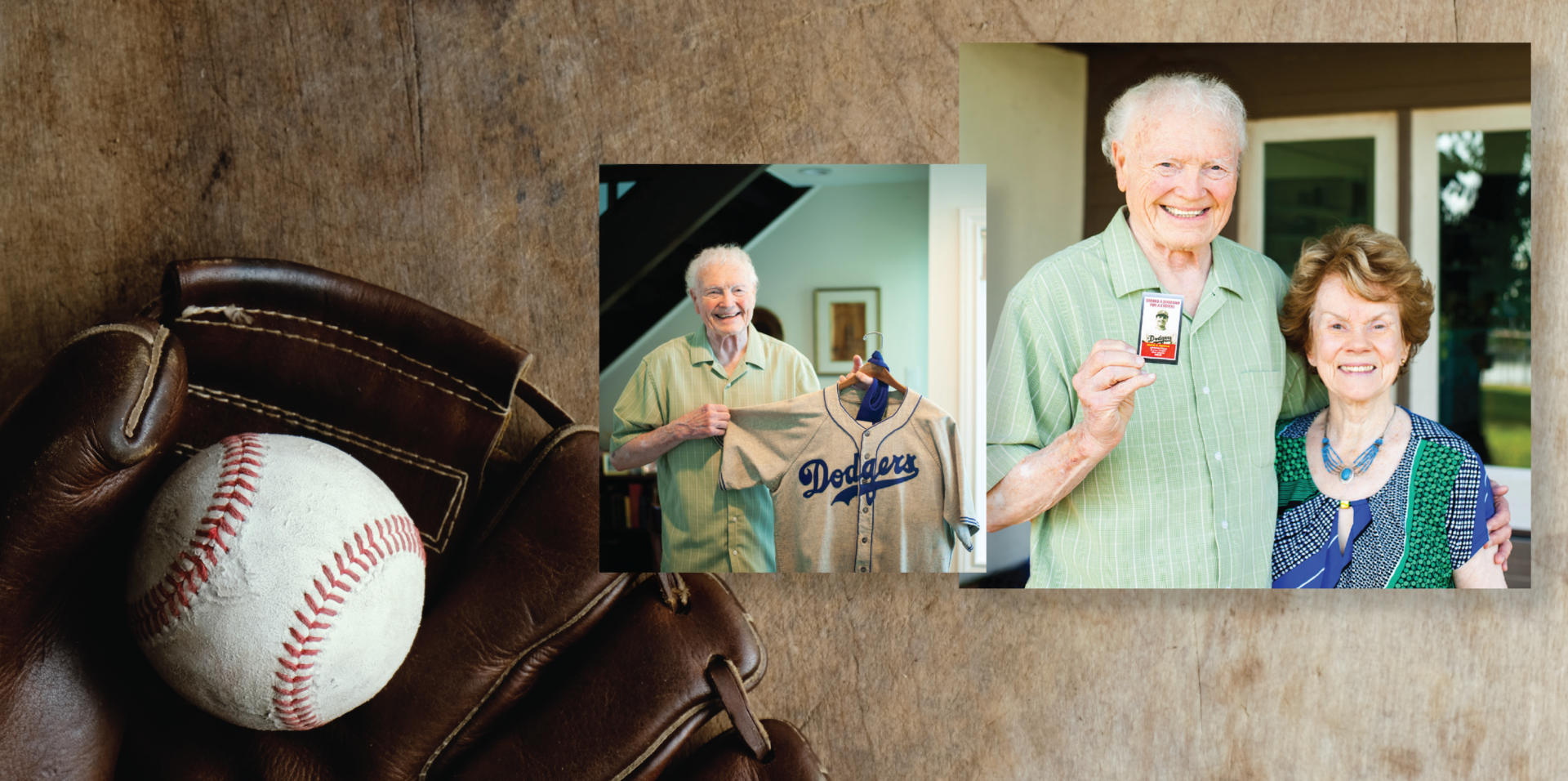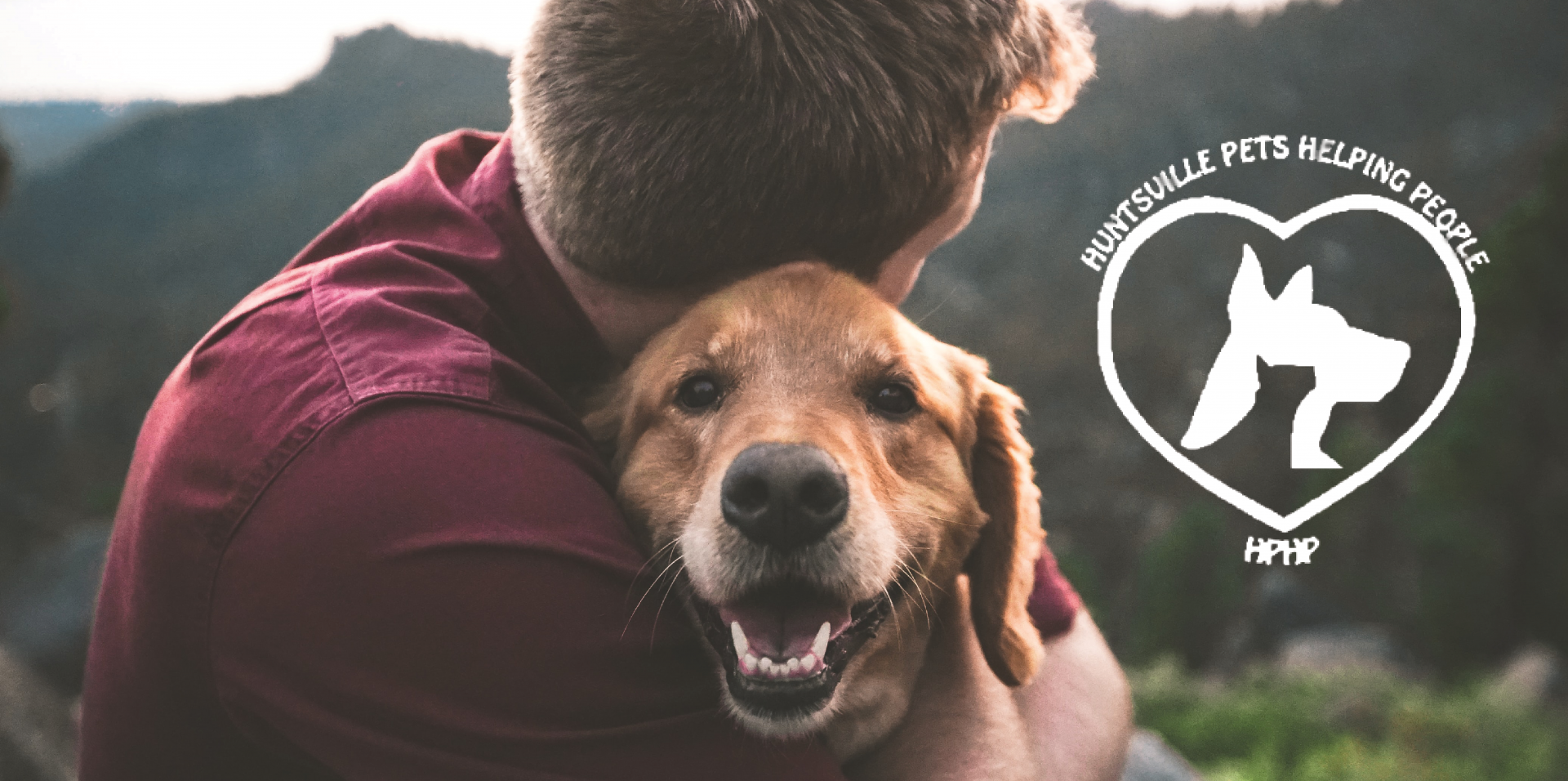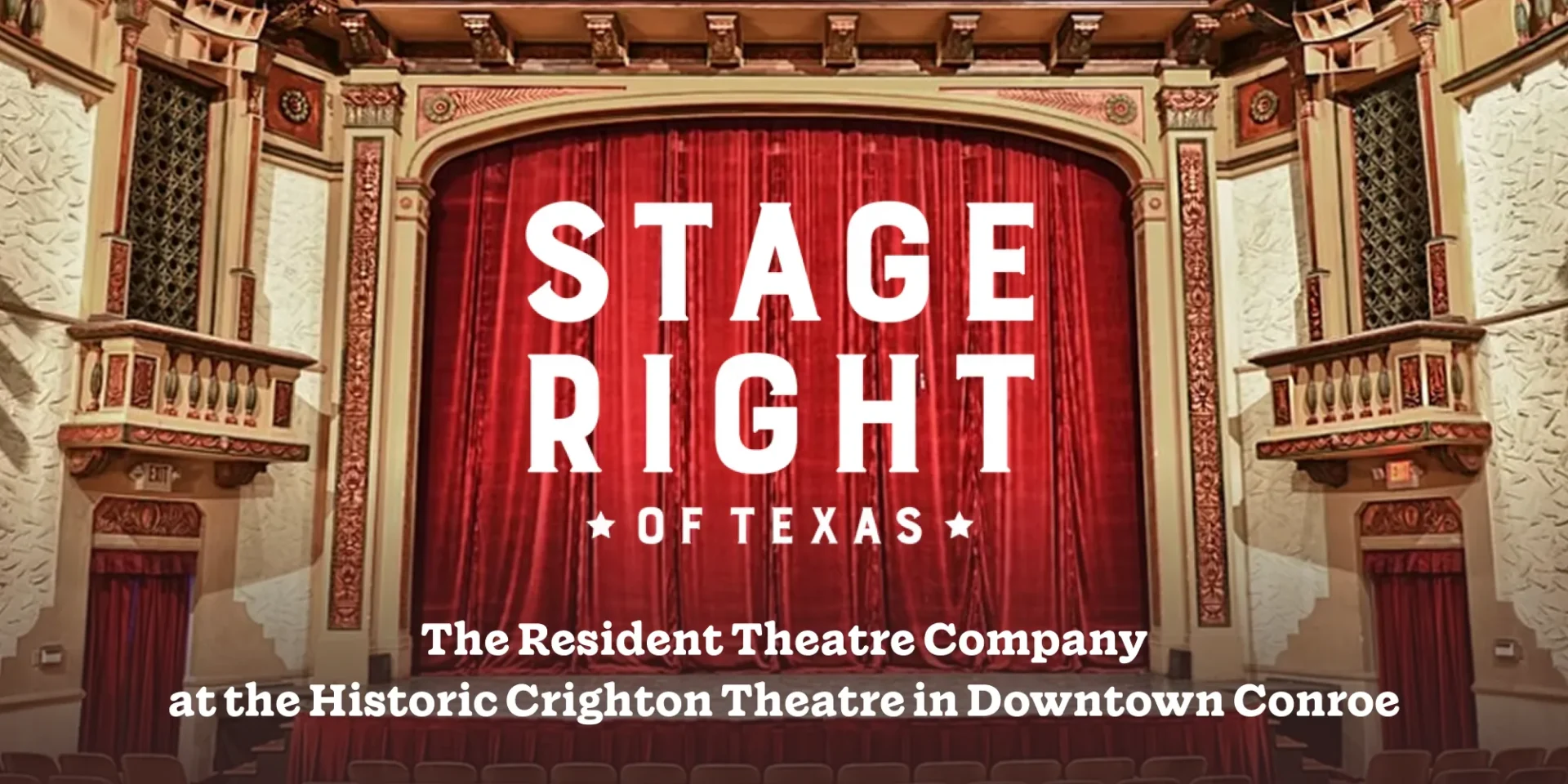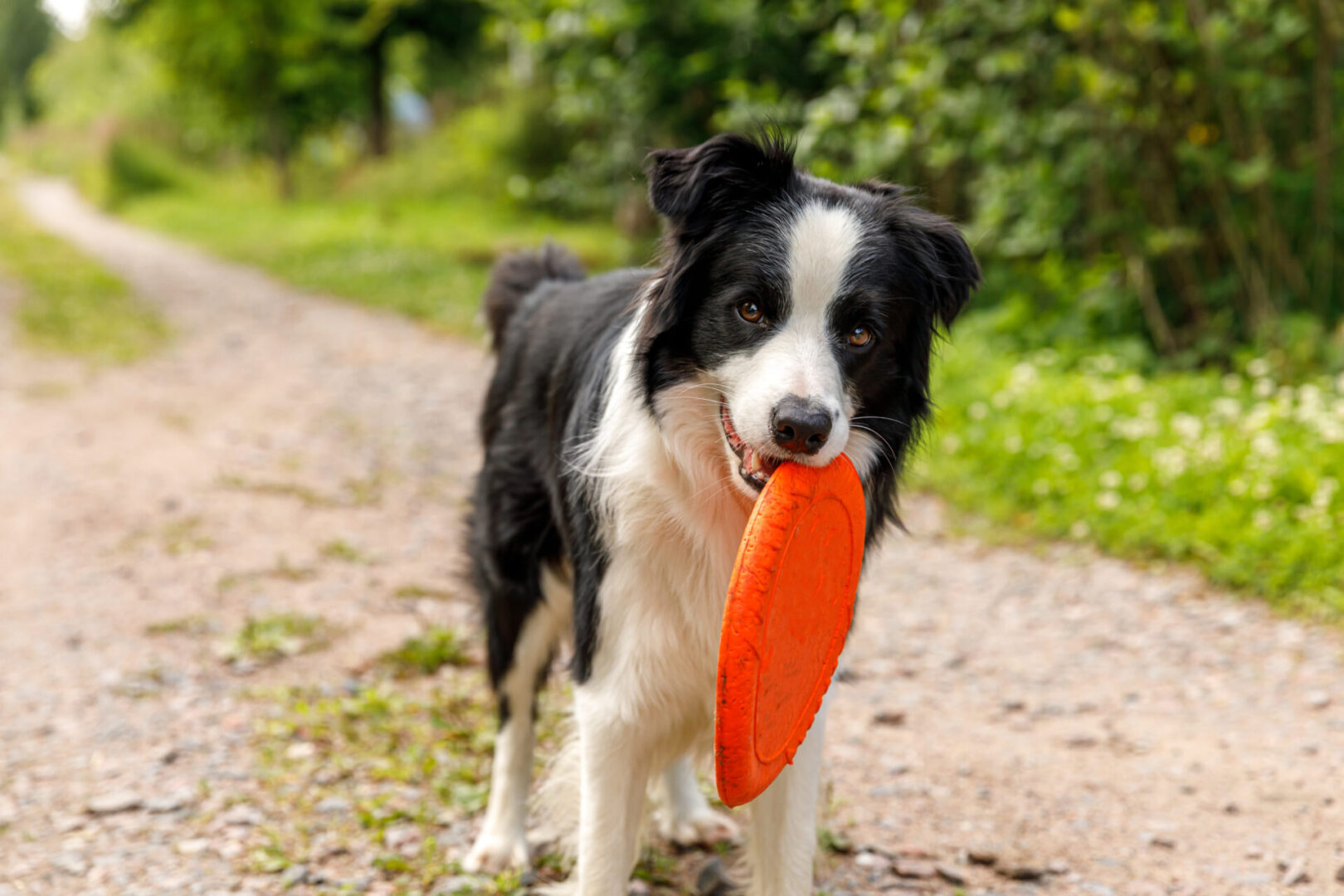First up is the word owner. Many people automatically say that they are the owner. After all, that is what they have always been and the word defines their relationship just fine. They pay the food and vet bills and they paid the purchase cost or adoption fee so that makes them the owner of the pet. It is a perfectly good and relevant word to use. On the other hand, owner may be an old fashioned word that does not apply today. Some might think that it does not accurately represent the relationship that people and animals have now and the word owner is paternalistic and just plain wrong in this age of political correctness. A third view is provided by the U. S. legal system that almost universally views animals as property so owner is a valid term to use.
Pet parent is a fairly new term used to define a relationship between a person and the animals who lives in their household. At some point, someone became uncomfortable with the word owner and decided that pet parent was more appropriate. People are responsible for the mental and physical wellbeing and training, in addition to financial responsibility, of the animal in a manner similar to the care of a child so they act as parents. I know people who refer to themselves as Luna’s mom or Max’s dad. In many cases, they really do treat their animals as children, though pets may be at a slightly lower status level than the human children. For a few individuals, animals often become substitutes for the children. The vast majority of people who use the pet parent descriptor recognize a strong emotional bond with the animal but they do understand that they are not literally the pet’s parent. Of course, as expected, the term pet parent is not legally recognized.
A few years ago, there was a television show on the Animal Planet network called My Cat From Hell. The host, Jackson Galaxy, referred to the cat’s humans as their guardians. That is the first time that I remember hearing guardian used in that way. However, I do not know of anyone who refers to themselves as a pet guardian. The word guardian has a specific legal meaning with the guardian having legal responsibilities and a ward having legal rights. If applied to pets, the pet would be the ward.
The American Society for the Prevention of Cruelty of Animals (ASPCA) has issued the following: “The ASPCA believes that responsible guardians are legal adults who are fully committed to humane, compassionate, lifelong care for their companion animal(s)”. This is the only statement by an organization in support of animal guardianship that I have found. If you substitute owner or pet parent for the word guardian in that statement, they would equally apply. The vast majority of statements about animal guardianship are firmly opposed to it. The American Veterinary Medical Association and the American Kennel Club, among others, strongly prefer retaining the terminology of pet owner. Their main argument against guardian in place of owner is that animals (wards) would gain rights, their humans would lose rights, and veterinarians would be caught in the middle. For example, if a dog received a serious injury and a very expensive surgery could repair it, the guardian could be compelled to pay for the surgery even if they could not afford it. Or since pets would have rights, the number of spay or neuter surgeries would likely decline. There could be questions of who could authorize it and when euthanasia might be allowed, who could authorize the release of or receive pet medical records, or what about using animals for food. If animals are wards, not property, they may not be covered by a person’s household liability insurance for the purposes of animal related claims. Overall, the main argument against animal guardians is based on applying current guardian-ward human laws to animals. That would create an unworkable, unrealistic, and undesirable situation for all involved.
It is likely that leader of the pack was not on your radar to describe the relationship between you and your pets. For many years when people referred to me as Roxie’s mom, I would politely correct them and laughingly say that I was leader of the pack. Because of the emotional bond between my pets and me, I’m more than their owner. Still, I am not their pet parent and pet guardian just sounds wrong. So, I am the benevolent leader of an odd collection of critters. Since three of the members are dogs plus a cat, pack seemed to be the best word to describe the group. Each pack needs a leader, so, since I pay the bills, the job is mine, although I am sure that the Chihuahua would love to assume the leadership role. Think about it and you might decide that leader of the pack is the right term for you too.
In recent years, people have looked for a word other than owner to describe their relationship with their pets. They say owners own things and pets are not property. Many people have opted for using pet parents and they refer to themselves as the pet’s mom and dad. Pet guardian brings up serious legal concerns. Leader of the pack is another possibility. So pick the term that you are most comfortable with, but, until guardianship laws are modified to specifically address animals, it may be better to avoid using the term guardian.
